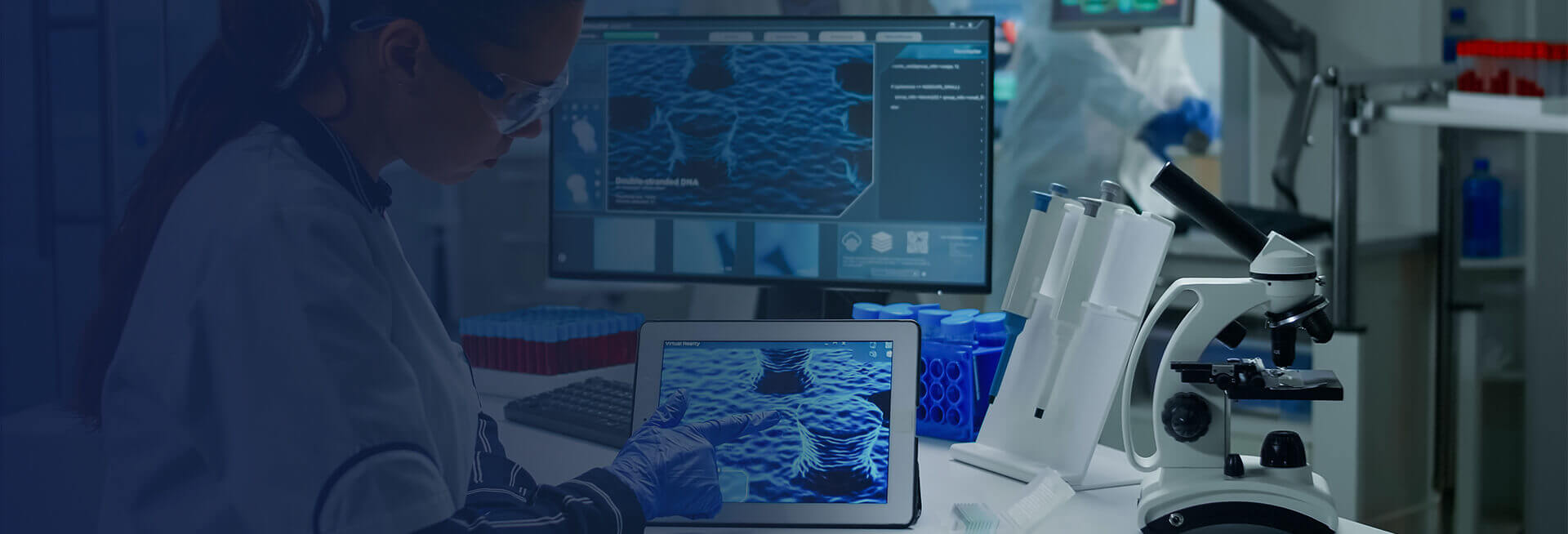Clinical investigation means the systematic study of an investigational medical device in or on human participants to assess its safety, performance or effectiveness.
Conduct of clinical investigation – also referred to as clinical study shall be performed in compliance with Indian Medical Device Rule- 2017, international standards, guidance documents, or national guidance documents.
Personnel involved in a clinical study should be aware of their respective roles and responsibilities and should ensure that the study is well organized and is performed in compliance with documented quality management system.
Ethics committee
An application under rule 122DD of drugs and cosmetics rule 1945 to get approval from ethics committee and a permission from Central Licensing Authority is also required. The investigation shall be initiated at the respective sites only after obtaining such approval from the Ethics Committee for that site.
An application for obtaining license to conduct clinical investigation shall be made to the Central Licensing Authority in Form MD-22 by a sponsor.
Application for grant of permission to conduct clinical investigation
An application for obtaining license to conduct clinical investigation shall be made to the Central Licensing Authority in Form MD-22 by a sponsor.
All investigators should possess appropriate qualification, training and experience. A qualified physician, who is an investigator shall be available and be responsible for all investigation related decisions concerning medical issues.
Laboratories used for generating data for clinical investigation should be compliant with Good Laboratory Practices or should have accreditation certificate issued by National Accreditation Board for Testing and Calibration Laboratories.
All the above information shall be provided to Central Licensing Authority before initiating the clinical investigation.
An application shall be made for obtaining permission to conduct:
- Pilot Clinical Investigation- Pilot clinical investigations are the clinical investigation which are performed first time in human, generally it is performed on small study population to collect specific essential information about the medical device before initiating pivotal clinical investigation. Pilot studies are exploratory study which provides a basic understanding of the performance and safety of a device but cannot provide substantial evidence for specific therapeutic claims.
- Pivotal Clinical Investigation- Pivotal is confirmatory or definitive study during which evidence is gathered to prove the safety and performance of device for the claims made. It is conducted on larger study population with the disease or condition being studied.
For medical devices developed in India, clinical investigation shall be performed in India right from the first stage i.e. pilot clinical investigation.
If any design changes in the presence of UOUP, then manufacturer shall follow all activities of EN 62366-1:2015 for changed parts of the medical device.
Permission to conduct clinical investigation
If the CLA – central licensing authority, is satisfied that all the requirements have been complied, permission is granted in form MD-23. After the license is granted clinical investigation can be initiated on basis of clinical investigation plan which is approved by the Ethics Committee.
The clinical investigation has to be registered with clinical trial registry of India before enrolling the first patient. Initiate the clinical investigation by enrolling the first patient within one year from date of grant of license. Failing to do this, a prior permission is required from Central Licensing Authority to initiate the investigation.
Retention of records
Every sponsor, CRO, organization or investigation who is conducting clinical investigation shall maintain all the data, records, and documents for a period of seven years after completion of such investigations and shall make available the data as and when required by the CLA.




